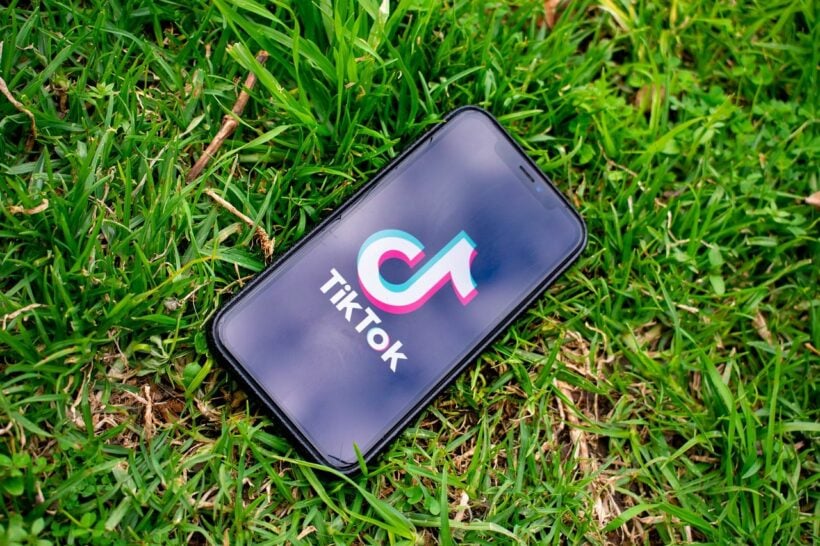Proposed RESTRICT Act could ban TikTok in the US

TikTok banned in the United States? If a new bipartisan bill gets its way, the popular short-video app could be blocked due to national security concerns. US Senators Mark Warner and John Thune have introduced a bill called the Restricting the Emergence of Security Threats that Risk Information and Communications Technology (RESTRICT) Act that could ban TikTok and other security risks.
The act would give federal authorities the power to ban TikTok and other technology companies over their alleged threats to national security. A coalition of 12 bipartisan senators supports the bill, which would allow the secretary of commerce to review and take action against information technologies, products and services.
The RESTRICT act would target apps and tech from foreign adversaries that “pose undue risk to our national security.” The bill names those foes as China, Cuba, North Korea, Russia, and Venezuela.
Warner, the Democratic chair of the Senate Intelligence Committee explained that the cybersecurity threat has been around long before TikTok.
“The threat that everyone is talking about is TikTok, and how it could enable surveillance by the Chinese Communist Party, or facilitate the spread of malign influence campaigns in the US. Before TikTok, however, it was Huawei and ZTE, which threatened our nation’s telecommunications networks. And before that, it was Russia’s Kaspersky Lab, which threatened the security of government and corporate devices.
“We need a comprehensive, risk-based approach that proactively tackles sources of potentially dangerous technology before they gain a foothold in America, so we aren’t playing Whac-A-Mole and scrambling to catch up once they’re already ubiquitous.”
The RESTRICT Act wouldn’t immediately ban TikTok, but it would set the mechanisms in place to enact a ban quickly at any point if regulators see an imminent danger. The House of Representatives Foreign Affairs Committee approved something similar already last week.
Thune, the Republican cosponsor of the RESTRICT Act said it was badly needed because the system currently in place is poorly cobbled together.
“[Procedure now is] a piecemeal approach when it comes to technology from adversarial nations that pose national security risks. [The RESTRICT Act is a] holistic, methodical approach to address the threats posed by technology platforms – like TikTok – from foreign adversaries.”
The White House has given its full blessings to the RESTRICT Act that could ban TikTok and other security risks. National Security Advisor Jake Sullivan cited similar beliefs that the bill is necessary to protect the US from technological threats now and in the future.
“[It] would empower the United States government to prevent certain foreign governments from exploiting technology services operating in the United States in a way that poses risks to Americans’ sensitive data and our national security.”
“This will help us address the threats we face today, and also prevent such risks from arising in the future. We look forward to continue [sic] working with both Democrats and Republicans on this bill, and urge Congress to act quickly to send it to the President’s desk.”
This bill follows a number of measures taken by the US against Chinese technology firms such as Huawei, which has been accused of spying for the Chinese government and is currently banned from the US market. TikTok, which is owned by Chinese company ByteDance, has also faced scrutiny over allegations of sharing user data with the Chinese government.
Latest Thailand News
Follow The Thaiger on Google News:


























